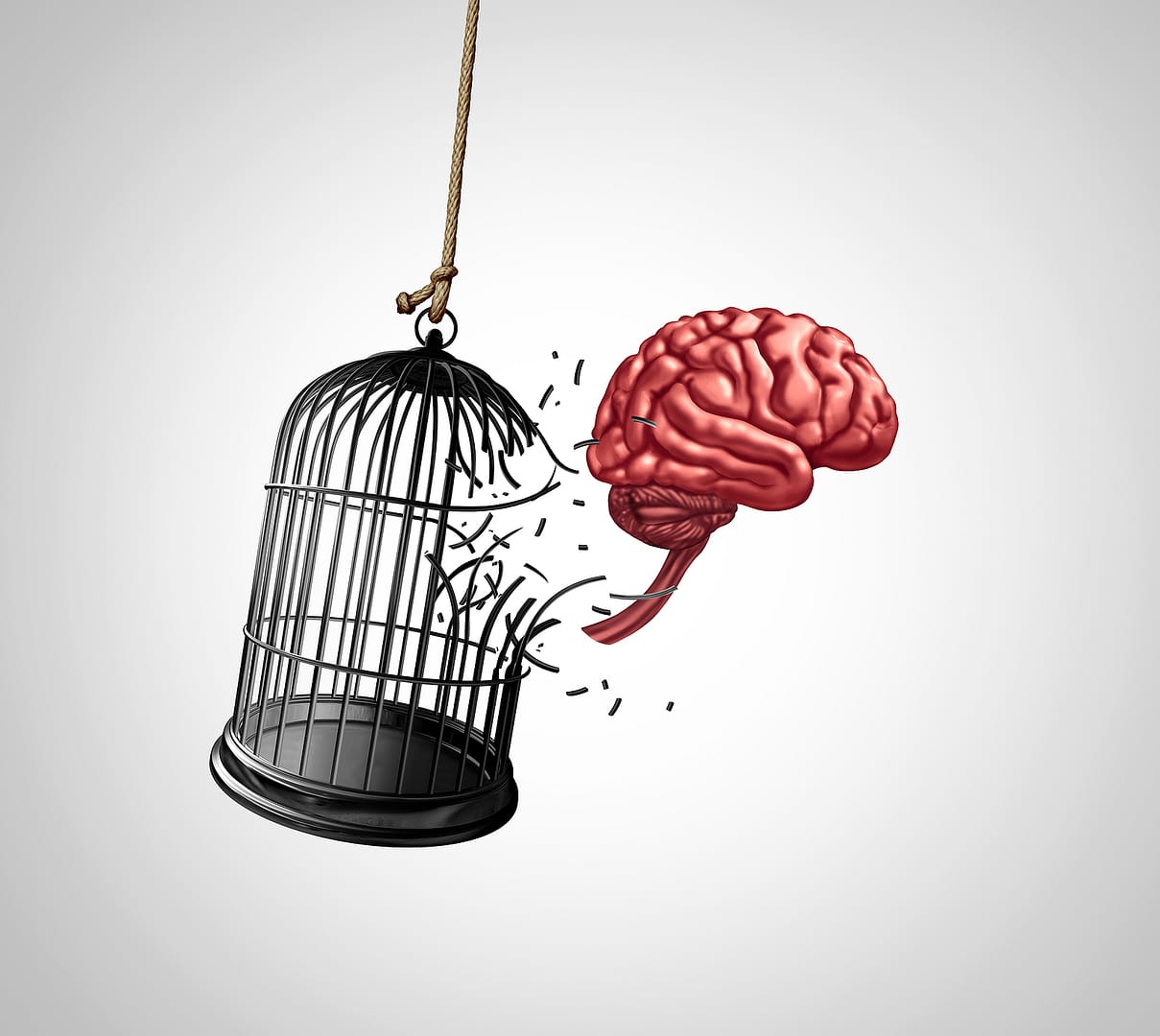Can Cognitive Behavioral Therapy Change Our Minds?
Cognitive Behavioral Therapy (CBT) has emerged as a powerful tool in the world of mental health. Its profound impact on the way we think, feel, and behave has made it a leading approach to treating a wide range of psychological conditions. Learn the potential of CBT, how it can change our minds, and how it helps us regain control of our lives.
Understanding Cognitive Behavioral Therapy
To truly appreciate the power of CBT, it’s essential to understand its core principles. Cognitive Behavioral Therapy is a structured, evidence-based therapeutic approach that centers around the relationship between thoughts, emotions, and behaviors. At its core, CBT is based on the idea that our thoughts influence our emotions, which, in turn, impact our actions.
CBT is highly collaborative, with patients working closely with trained therapists to identify and challenge irrational or negative thought patterns. By doing so, individuals can gradually transform their thinking, leading to healthier emotions and more adaptive behaviors.
The Versatility of Cognitive Behavioral Therapy
CBT is a versatile therapeutic approach that can address a broad spectrum of mental health issues, including but not limited to:
Anxiety Disorders: CBT equips individuals with practical techniques to manage anxiety by changing anxious thought patterns and behaviors. This approach is particularly effective in treating generalized anxiety disorder, social anxiety disorder, and panic disorder.
Depression: CBT helps individuals with depression identify and modify their negative thought patterns, providing a more balanced and realistic perspective on life’s challenges. This makes it a valuable tool in managing depression.
Post-Traumatic Stress Disorder (PTSD): For individuals who have experienced trauma, CBT can help them process their experiences and reduce the emotional impact. It provides a path to healing and recovery.
Addiction: CBT can be a vital component of addiction treatment, helping individuals understand the thoughts and behaviors that lead to substance abuse and providing strategies to overcome addiction.
Obsessive-Compulsive Disorder (OCD): CBT teaches individuals how to manage obsessive thoughts and compulsive behaviors, allowing them to regain control of their lives.
Scientific Evidence Supporting CBT
One of the most compelling aspects of CBT is its extensive scientific backing. Numerous studies and clinical trials have consistently demonstrated the effectiveness of CBT in treating various mental health conditions. The evidence is clear: Cognitive Behavioral Therapy can indeed change our minds for the better.
26 studies with 2002 patients found that cognitive behavior therapy (CBT) had a moderate effect on dysfunctional thinking compared to control groups.
A 2020 study explains the effectiveness of cognitive-behavioral therapy is effective in altering erroneous thoughts and replacing it with an alternative, realistic way of thinking.
Another 2018 study revealed that Cognitive Behavioral Therapy may lead to long-lasting reductions in cognitive biases.
A 2013 study wanted to see if CBT actually affects quick automatic processes. 28 people with panic disorder who hadn’t received any type of treatment before were split into two groups. One group received a single CBT session, and the other group did not. After the CBT session, they tested how this group reacted to emotional information.
The group who received CBT became less sensitive to threat information quickly, even before their symptoms got better. And the degree to which their sensitivity to threats decreased predicted how well they would respond to the therapy after four weeks.
Overall, the study showed that CBT can change how we react to emotional information very rapidly, and these quick changes can predict how well the treatment will work in the long run. This means that therapy can affect our automatic emotional responses faster than we thought.
These research findings indicate that cognitive behavioral therapy (CBT) has a moderate capacity to transform maladaptive thought patterns when compared to control groups. It is successful in reshaping inaccurate thoughts and substituting them with more rational alternatives, although the initial dysfunctional thought may exhibit greater resistance to change.
Transforming Negative Thought Patterns
One of the most remarkable aspects of CBT is its ability to transform negative thought patterns. Through a structured process, individuals learn to recognize distorted, self-destructive thinking and replace it with rational and constructive thoughts. This shift can be truly life-changing, enabling individuals to regain control of their mental well-being.
CBT therapists work with patients to:
- Identify and challenge cognitive distortions, such as all-or-nothing thinking, catastrophizing, and overgeneralization.
- Develop alternative, more balanced thoughts that better reflect reality.
- Create strategies for coping with stress, fear, and anxiety by adopting healthier thought patterns.
Changing Emotional Responses
Cognitive Behavioral Therapy doesn’t stop at altering thought patterns; it also helps individuals manage their emotional responses. Through the process of cognitive restructuring, individuals can learn to view challenging situations from a more rational perspective, leading to a reduction in emotional distress.
By understanding the connections between thoughts and emotions, patients can develop a healthier relationship with their feelings. This, in turn, empowers them to respond to life’s challenges in a more adaptive and positive manner.
Modifying Behaviors
CBT isn’t just about changing thought patterns and emotional responses; it also focuses on modifying behaviors. Individuals learn to replace maladaptive behaviors with more constructive actions. This proactive approach empowers individuals to take control of their lives, break free from harmful patterns, and achieve their goals.
A Brighter Future with CBT
In conclusion, Cognitive Behavioral Therapy has the power to change our minds, transforming the way we think, feel, and act. It is a versatile and evidence-based approach that has shown its efficacy in the treatment of various mental health conditions, from anxiety and depression to PTSD and addiction.
Discover the Power of Transformation
Are you ready to change your life for the better through the transformative power of Cognitive Behavioral Therapy? Contact the COPE Psychological Center today and embark on a journey to rediscover your potential and lead a more fulfilling life. Our team of skilled therapists is here to guide you through the process of change and growth. Together, we can discover the path to a brighter future.

